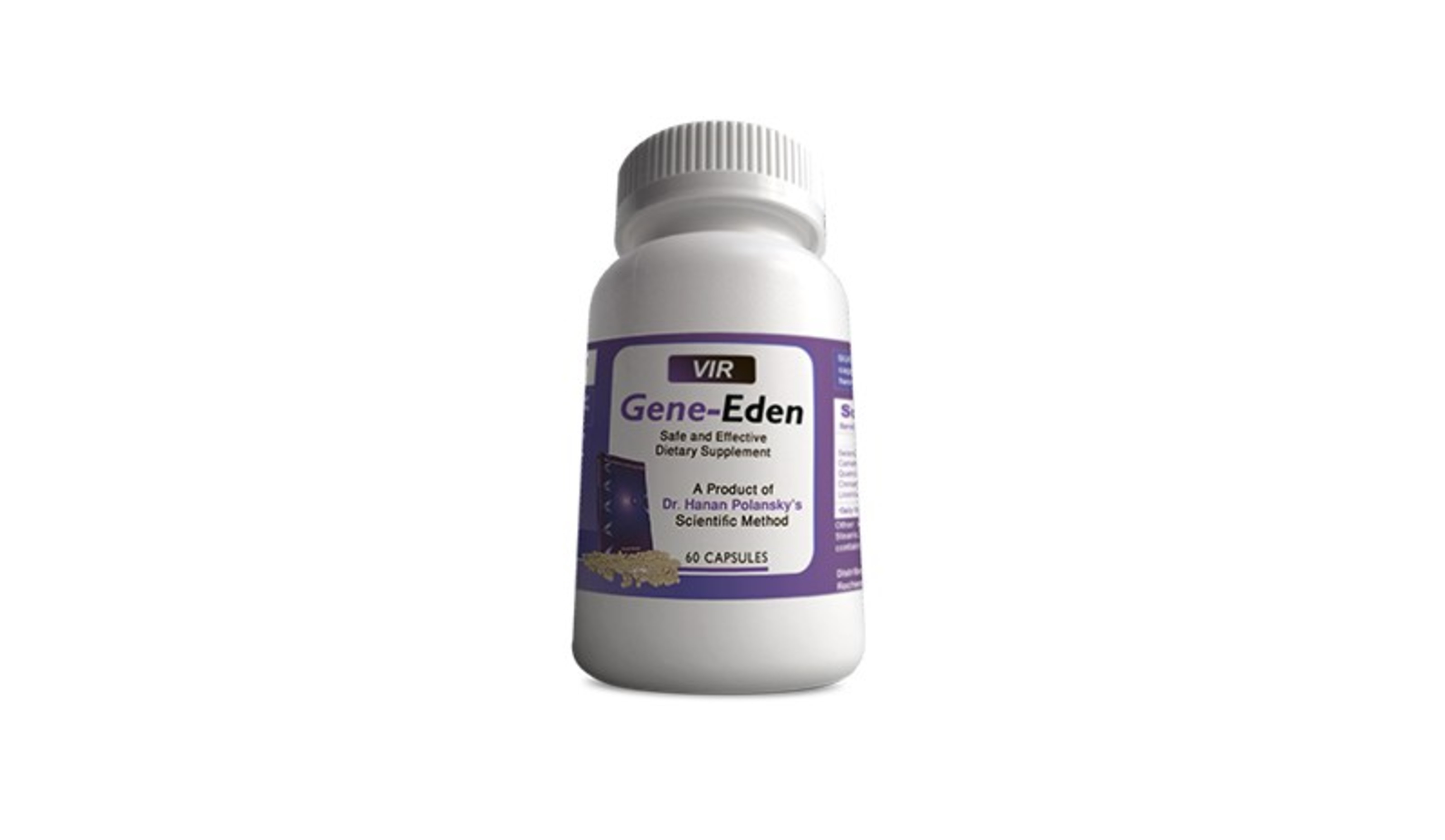ADHD often leads to impulsivity a craving for stimulation. These traits can trigger hypersexual behavior in some people. Although excessive sexual interest isn’t a direct symptom of ADHD, it can stem from the disorder’s main characteristics. This complex interplay between attention deficits heightened sexuality poses unique challenges. It affects personal relationships self-regulation, demanding tailored management approaches. Understanding this connection shows ADHD’s impact goes beyond inattention hyperactivity. Recognizing overlap helps those affected manage their behavior find support.
What is Hypersexuality?
Hypersexuality involves intense, often uncontrollable sexual thoughts, urges, or behaviors. It can disrupt daily life, strain relationships, cause distress. Often linked to bipolar disorder or some neurological disorders, it can also occur in people with ADHD Diet. In these cases, the urge for immediate gratification difficulty controlling impulses play a key role.
Key features of hypersexuality include:
- Persistent preoccupation with sexual thoughts or fantasies.
- Difficulty controlling sexual urges.
- Engaging in risky or impulsive sexual behaviors.
- Feelings of guilt or distress due to sexual behaviors.
Understanding ADHD Its Impacts
ADHD is a neurodevelopmental puzzle, impacting attention impulse control. It comes in three flavors: predominantly inattentive, hyperactive-impulsive, the combined variety. Those navigating ADHD often wrestle with focus, wrestling with disorganization, a craving for constant stimulation to fend off boredom.
ADHD traits that can contribute to hypersexuality include:
- Impulsivity: Acting without considering the consequences may lead to risky sex or a failure to resist urges.
- Need for Stimulation: Seeking out activities that provide a dopamine boost, including sex.
- Difficulty Regulating Emotions: Strong emotions can make it hard to control sexual urges behaviors.
The Link Between Hypersexuality ADHD
Hypersexuality ADHD traits can heighten hypersexual behaviors, though they are not a primary symptom. Impulsivity can lead to reckless encounters boundary violations. Low dopamine levels fuel the quest for pleasure through sexual experiences. Deficits in executive function may result in poor judgment regarding sexual issues. These elements interlink, potentially increasing risky or inappropriate sexual behavior in different contexts. Grasping these relationships aids in managing ADHD-related hypersexuality more effectively.
Challenges Faced Individuals with ADHD Hypersexuality
ADHD hypersexuality intertwine, spawning a web of challenges. Relationships strain under impulsive behaviors, breeding mistrust confusion. Uncontrolled urges trigger guilt shame, eroding self-esteem. Professional social spheres suffer as impulsivity disrupts norms, inviting embarrassment. Anxiety depression, common ADHD companions, compound these struggles. Emotional distress mounts, fueling cycles of self-criticism. Partners grapple with hurt, while individuals battle inner turmoil. This potent combination demands careful navigation to maintain balance well-being.
Strategies for Managing ADHD Hypersexuality
Medical interventions tackle ADHD symptoms, potentially curbing hypersexual behaviors. Therapy delves into underlying causes, offering coping mechanisms for both conditions. Lifestyle changes, like regular exercise mindfulness, bolster self-control. Support groups provide invaluable peer connections. Medication adjustments may be necessary to balance effectiveness side effects. Cognitive-behavioral techniques help manage impulsivity. Open communication with partners fosters understanding support. Combining these approaches creates a tailored strategy to address the complex interplay between ADHD hypersexuality, promoting overall well-being healthier relationships.
1. Professional Support
Stimulants non-stimulants regulate ADHD symptoms, potentially curbing hypersexual tendencies. CBT equips individuals with coping strategies for impulsivity, addressing associated guilt. Specialized sex therapy offers targeted approaches to manage urges enhance relationships. These interventions collectively tackle the complex interplay between ADHD hypersexuality, providing a multifaceted treatment plan for affected individuals.
2. Behavioral Strategies
Meditation mindfulness sharpen self-awareness, curbing rash thoughts deeds. Daily routines offer stability, tempering impulsive acts. Clear boundaries in relationships safeguard against hasty choices. These practices—cultivating awareness, structure, limits—form a robust defense against impulsivity’s pitfalls.
3. Lifestyle Adjustments
Regular workouts naturally elevate dopamine, satisfying the ADHD mind’s craving for stimulation. Brain-nourishing foods—rich in omega-3s, lean proteins, complex carbs—enhance cognitive emotional control. Recognize steer clear of stimuli that intensify hypersexual urges, such as specific media or settings. These strategies offer healthier alternatives for managing ADHD-related impulses.
The Role of Diet in Managing ADHD Symptoms
Diet plays a significant role in managing ADHD symptoms can indirectly influence behaviors like hypersexuality promoting better focus, emotional balance, impulse control. A well-balanced diet tailored for ADHD, such as the ultimate ADHD diet, emphasizes brain-healthy foods while minimizing additives sugars that may exacerbate symptoms.
Boost focus with protein-rich meals that fuel neurotransmitter production. Omega-3s from fish, flaxseeds, walnuts enhance brain function, curbing hyperactivity. Skip processed fare laden with artificial additives—they spark impulsivity. Instead, opt for whole foods to nourish your mind stabilize your mood.
Breaking the Stigma
It’s important to address the stigma surrounding hypersexuality ADHD. Talking openly about these topics helps people seek help without fear. Educating loved ones building understanding creates a supportive environment. This allows individuals to thrive despite challenges.
Conclusion
Intertwined hypersexuality ADHD pose intricate challenges demanding deft management. Grasping core links enables effective navigation. Professional guidance, behavior tweaks, diet shifts offer paths to better well-being. Individuals can tackle these complexities armed with understanding targeted strategies. Explore deeper insights on managing hypersexuality ADHD through specialized resources.
Empathy knowledge build better relationships, self-control, lives for those with ADHD hypersexuality. By managing these challenges well, we foster positive change better health.



